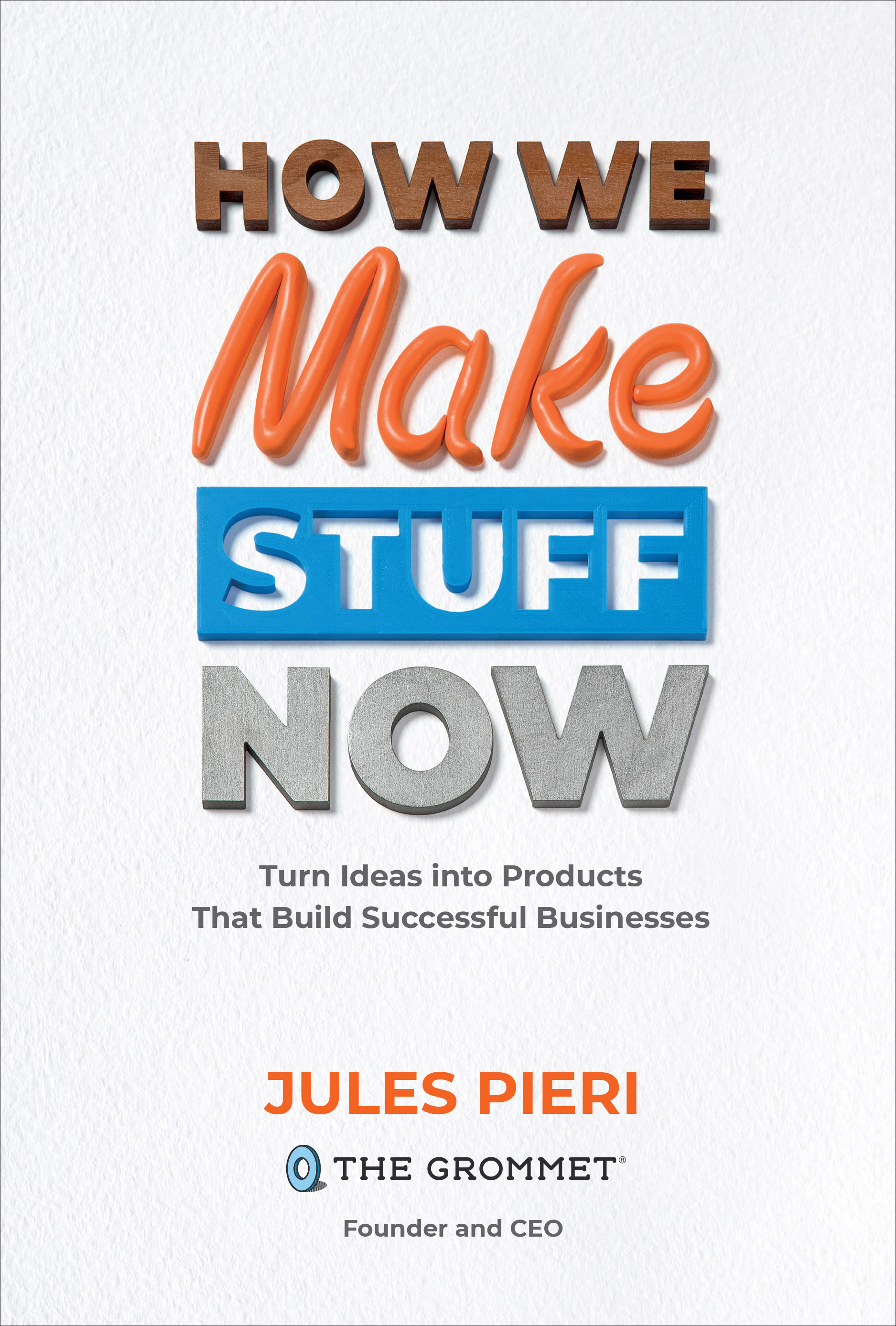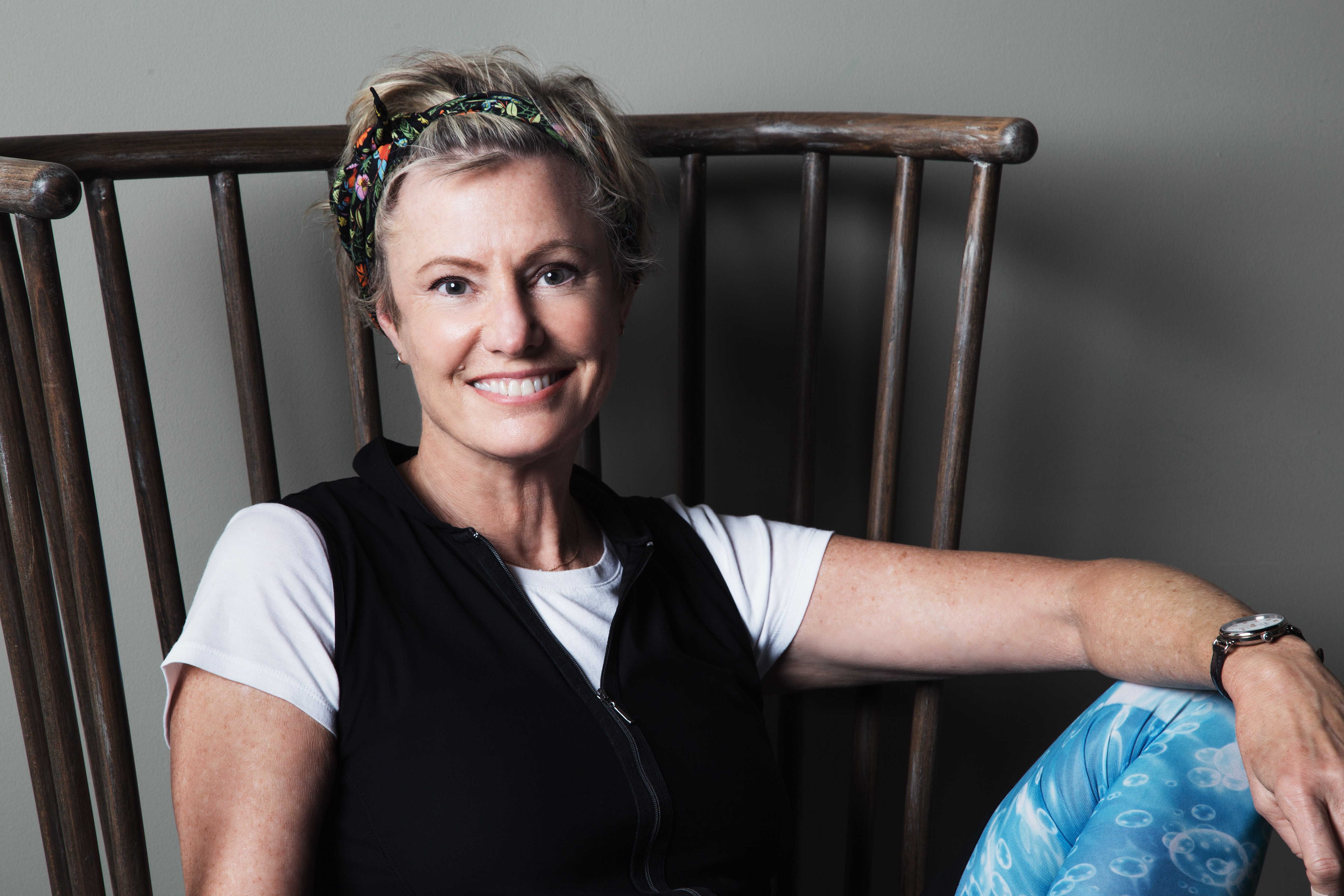Michelle Moy was working as a practitioner in healthcare, but she didn’t love her job and wished she could find a more creative outlet. That’s when she decided to start her own business, selling the Odin Dog Puzzle Toy, a geometric puzzle made of soft rubber in earth tones. Moy was tired of ugly dog toys for her young Corgi named Odin. She wanted her pup to have toys she didn’t mind looking at. Most existing dog toys were primary colors and rather unseemly looking. Moy imagined a toy with cleaner lines, materials that didn’t scratch the walls and floor, and something her dog would truly love. Moy started off by cutting holes in tennis balls, working her way through ideas on how to create the perfect puzzle toy. She’d let her dog bat it around the apartment and refined the design many times. She tried a Wiffle ball and tape. Moy was very focused on incorporating clean lines and geometry, two things she says were trending at the time and still remain popular. She tinkered with other household items as well to help her narrow down the design. Ultimately, Moy used a 3D printing shop to create a toy of thermoplastic rubber (TPR). While it wasn’t the material of the final product, the 3D printed prototype allowed Moy to save time and money getting closer to what she wanted. She says there were several back- and- forths with the designer and various iterations of the CAD drawings before she was satisfied.
The Odin was on the market by June 2015, and the company has been selling on Amazon, The Grommet, and in many small shops in the United States and Canada, especially pet boutiques. It’s developed additional colors, and Moy says, “sales are great.” Moy is working with a distributor in Japan and Taiwan, and Anthropologie will be carrying the dog toy during the 2018 holiday season. Moy says she’s working on a new product and has done 3D printings to test her ideas. “We need to keep working on it. It’s not ready for release,” she says, adding that by 2019 she’s confident she will have another puzzle toy on the market.
Makers like Michelle who have launched their product with my company The Grommet come from all walks of life. Only 10 percent of Grommet Makers have prior experience in the area where they build their business. ER nurses turn into tech device entrepreneurs. Lawyers invent water bottles. So if you secretly believe “I have no qualifications to launch a product,” you are in very good company.
Solving a problem in a fresh way or creating an interesting business model does not require domain expertise. It requires tenacity, passion, and energy.
But what became plainly obvious over the years of working with Makers is that creating the product is just the start. The minute your baby gets into the market, your company has to be credible in 16 different other competencies, ranging from logistics to packaging to financial management. And we usually find that any given company is good at about 8 of those 16 competencies. Until we get to know them, we just don’t know which 8 areas will be lacking. And we can’t fix them all, no matter how much advice and how many lessons learned we share.
Sometimes one particular weakness can be debilitating. In consumer life, people don’t really care whether a company is small or large when it comes to, say, delivery time frames and customer support expectations. Running out of inventory, having your shipping packages fail, or not answering the phone can wipe out hard-won sales territory and customer goodwill. The reality is that underresourced little guys have to throw their bodies at covering many of the business operations until they scale enough to bring in a full team or professional expertise. That period between “start” and “sustainable business” can call on a founder’s every last wit, resource, and shred of energy, so expert guidance from those who have cracked similar problems is invaluable.
A whopping 135 million Americans already call themselves Makers. Some are describing the output from hobbies, and others have multimillion- dollar businesses with dozens or hundreds of employees. This will only grow. Thirty-seven percent of U.S. high school students say they want to start their own businesses, as do 25 percent of military veterans. Much of this creative energy is headed toward joining the ranks of existing Makers. Why? Because there is no other thrill or source of deep satisfaction in business quite like seeing a physical product you envisioned come to fruition.
Makers are the heroes creating jobs and shaping our economy. Perhaps one of them will be you. Maybe, just maybe, we’ll even meet in the happy event of a Grommet partnership and launch.

Excerpted From How We Make Stuff Now by Jules Pieri, cofounder of The Grommet. Used with permission of McGraw-Hill. Copyright © 2019 by Jules Pieri.
Follow us here and subscribe here for all the latest news on how you can keep Thriving.
Stay up to date or catch-up on all our podcasts with Arianna Huffington here.


